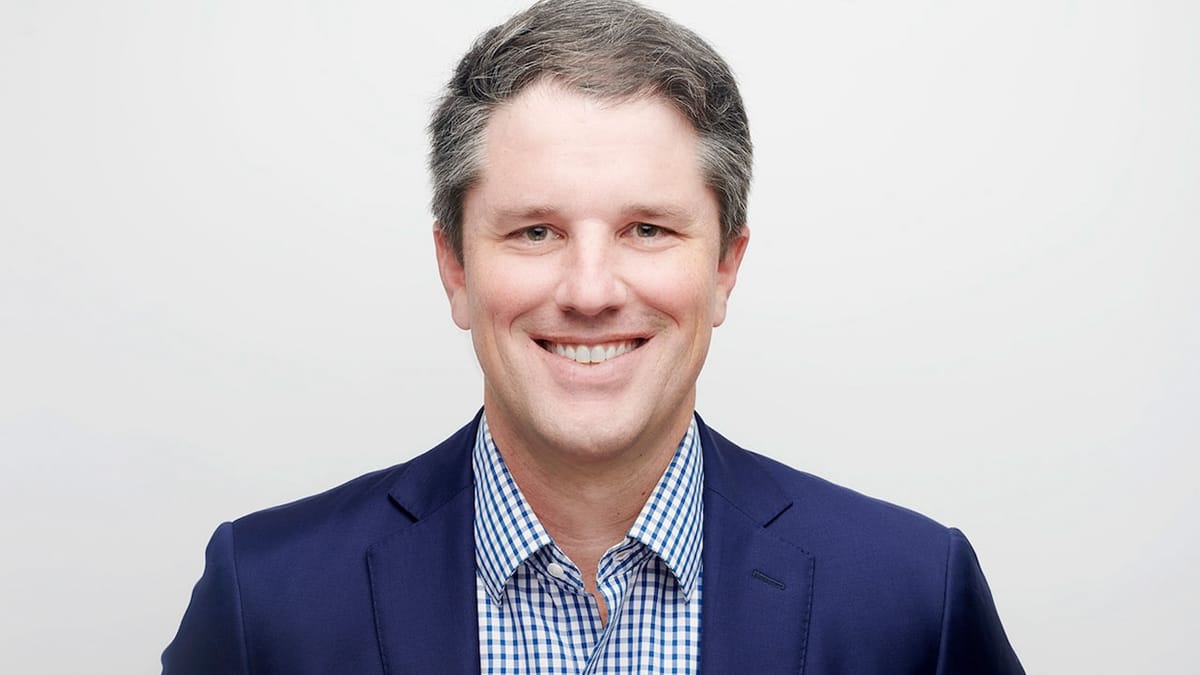
ACP
ACP participants make up 4% of the company’s nearly 3 million broadband subscribers.

 Photo of Frontier Communications CFO Scott Beasley from the company
Photo of Frontier Communications CFO Scott Beasley from the company
WASHINGTON, May 29, 2024 – Major broadband provider Frontier Communications is set to see minor impacts in the third and fourth quarters of this year from the sunset of the Affordable Connectivity Program, the company’s CFO said on Wednesday.
“Even though we have relatively low exposure, with only four percent of our broadband customers on the program, there could be some impact to net adds toward the tail end of Q2. More of that impact is likely in Q3 and Q4,” Frontier CFO Scott Beasley said at a TD Cowen conference in New York City.
The ACP, which provided 23 million low-income households with $30-$75 monthly internet discounts, will officially run out of cash on June 1. Lawmakers have been scrambling without success to shore up the generally popular program, with persistent disagreements over eligibility requirements and fraud prevention.
In a note to investors yesterday, Blair Levin of New Street Research wrote “we expect a flurry of activity, but the odds remain against any legislation passing, with both political and investor interest refocusing on the extent to which the 23 million+ ACP homes stay connected, disconnect, or are intermittent broadband subscribers.”
That 4 percent number amounts to nearly 119,000 Frontier customers who will see increases in their bills. In an effort to keep those customers around, the company is piloting a cheaper 200 Mbps plan across parts of its footprint, Beasley said. The company is currently offering that for as low as $30 per month on its website.
“It could be an opportunity to win some new customers, so we’ll stay focused on it,” he said.
Some smaller ISPs, as well as some T-Mobile properties, have pledged to temporarily foot the bill for an ACP lapse in hopes that Congress will re-up funding. The Biden administration had been relying on the program to create a stable subscriber base for new rural infrastructure funded by its $42.5-billion Broadband Equity, Access and Deployment program to expand internet access.
As a potential long term solution, a group of lawmakers from both chambers of Congress have been working for months on legislation that would fold ACP into the FCC’s Universal Service Fund. That program is funded by fees levied on voice providers and spends roughly $8 billion annually on voice and broadband subsidies.
Part of that reform effort involves finding a more sustainable source of revenue. To the chagrin of some consumer advocates, the FCC opted not to tap broadband providers for that money when it reclassified them as common carriers last month, citing fears of potential bill shock. Others have suggested adding tech companies like Google and Meta to the contribution pool.
The fund is also being challenged in federal court, with conservative nonprofit Consumers’ Research continuing a campaign to have the USF declared unconstitutional.

